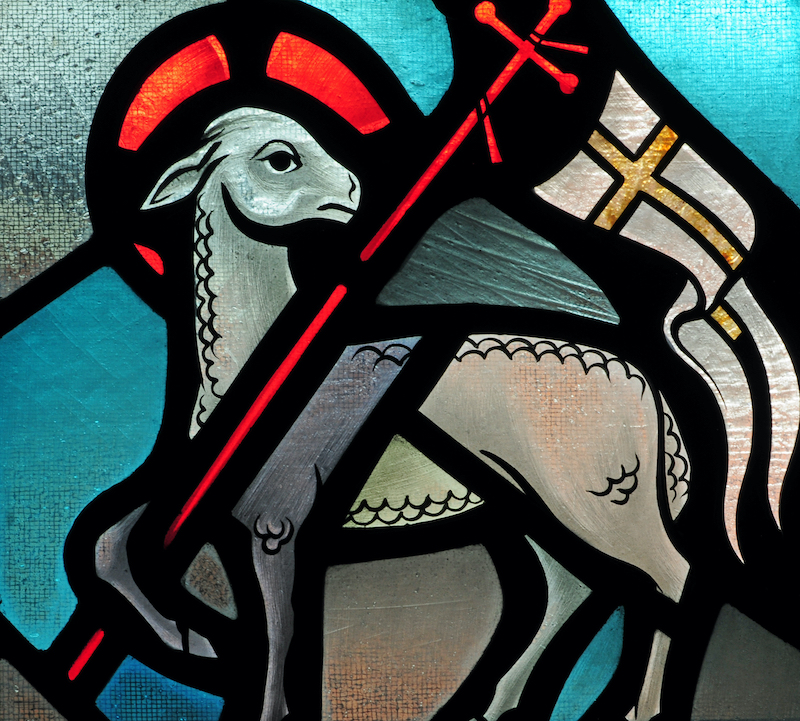My father used to love to tell stories. One of his favorites, which I heard him tell at least 1000
times, was the story of his journey to Japan which he took after being drafted into the army
during the Korean War. He was stationed in Japan for two years. The journey to Japan began
on a troupe train that left 30th Street Station in Philadelphia destined for San Francisco. My
father pulled KP duty during the rail journey and explained to us, in painstaking detail, the
hazards and humor of cooking scrambled eggs on board a moving train, but that was nothing
compared to his tales of the dangers of the Pacific Ocean voyage to Okinawa. Sleeping, when
possible, on bunks stacked six high in narrow quarters, he (against orders) went above deck as
as the ship navigated “walls of water” on perilous seas, which made many, my father included,
nauseated for the entire trip. I’m leaving out a lot of detail, but this is a summation of the
opening salvo of his army days collection of stories.
We love to tell stories because they help us understand who we are and how we got here. Our
stories shape our reality. The stories we tell over and over again define us. As Christians we
tell the “old, old story of Jesus and his love.” At the Easter Vigil, the Liturgy of the Word begins
with this introduction: “Let us hear the record of God’s saving deeds in history, how he saved
his people in ages past; and let us pray that our God will bring each of us to the fullness of
redemption.” One of the foundational stories in the gospels is the story of the feeding of the
multitudes. It is one of the few stories that appears in all four gospels. When a story is
repeated so many times, listen up, because it has something really vital to tell us.
I especially like John’s telling of the story. In his version, the source of the five loaves and two
fish is a young boy who was among the crowds following Jesus. Did the disciples confiscate
his lunch, or did he willing give it to Jesus? I think he willingly gave it. Jesus took the loaves
and the fish, blessed and distributed them, and thousands of hungry people were fed. If you
believe in miracles, the fish and bread were multiplied by Jesus alone, or in an act of
spontaneous generosity, folks willingly shared the food they had carried with them. In either
case, Jesus fed the crowds physically and spiritually, and there was plenty of food left over.
Think about the stories we will tell our children and grandchildren. Stories of a worldwide
pandemic, stories of political and social upheaval, stories of witness and courage in the face
of injustice, stories of Zoom life, stories of generosity, stories about when the world as we
understood it changed because of another’s story— a story we didn’t know, or didn’t want to
hear. Our stories can change the world, just as the “old, old story of Jesus and his love”
changed the world. Let us continue to be part of that story of Jesus and his love as we
dedicate ourselves to loving God and our neighbor.
Please support the upcoming Food Drive for Nourish NC which St. Paul’s is hosting with
several other Episcopal Churches in the area from Wednesday June 24 – Sunday, June 28. You
may drop off your donation of staples such as jelly, Mac and Cheese, hearty soups/stews, and
pasta sauce at the van which will be parked in our lot from 10:00 a.m. to 2:00 p.m. each day of
the drive.
Speaking of stories to tell, please join us for Zoom Coffee Hour this Sunday at 11:45 a.m.
Mark your calendar for our re-scheduled Parish Picnic now planned for Sunday, September 13
at 10:30 a.m.
Peace,
![]()
Ray Hanna
Interim Rector

